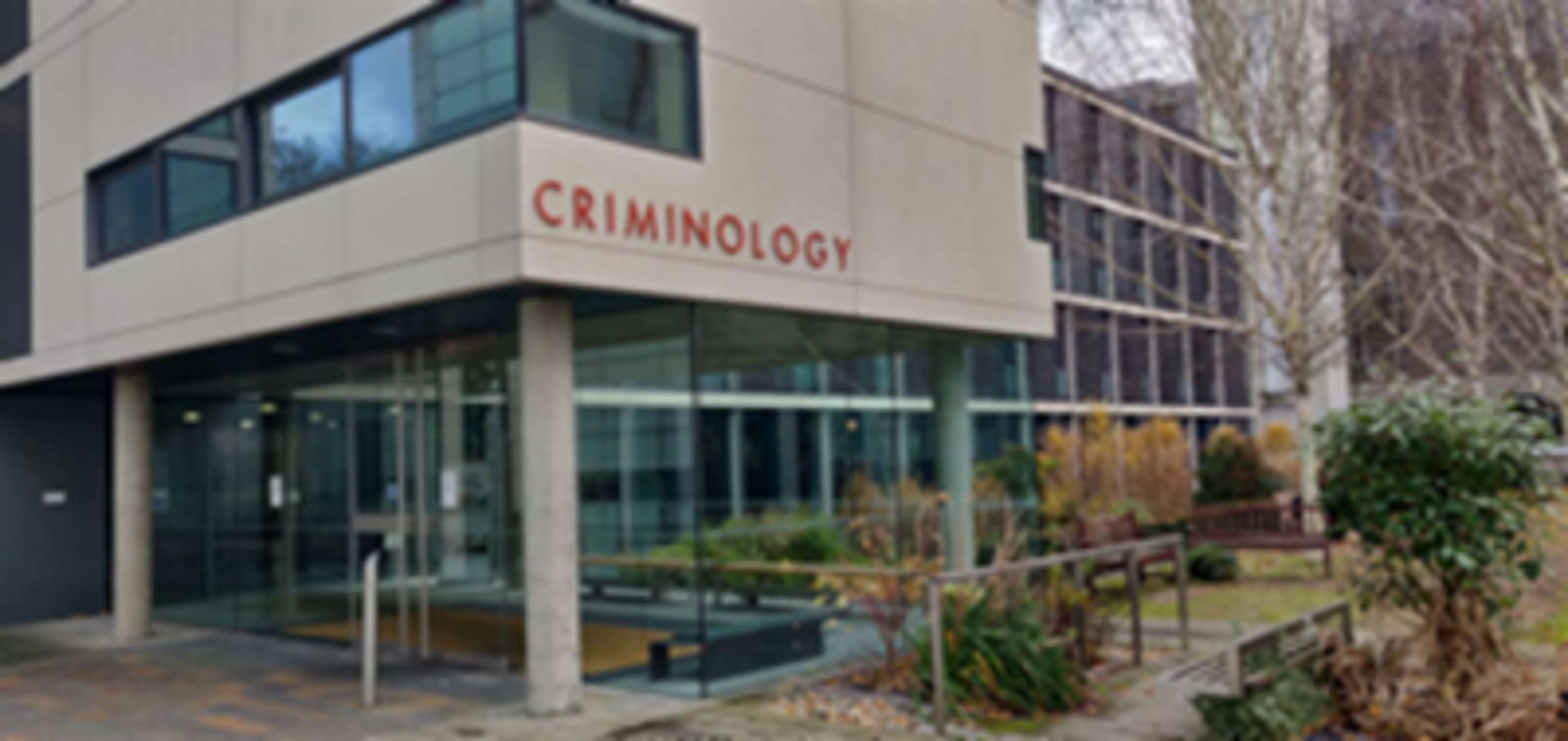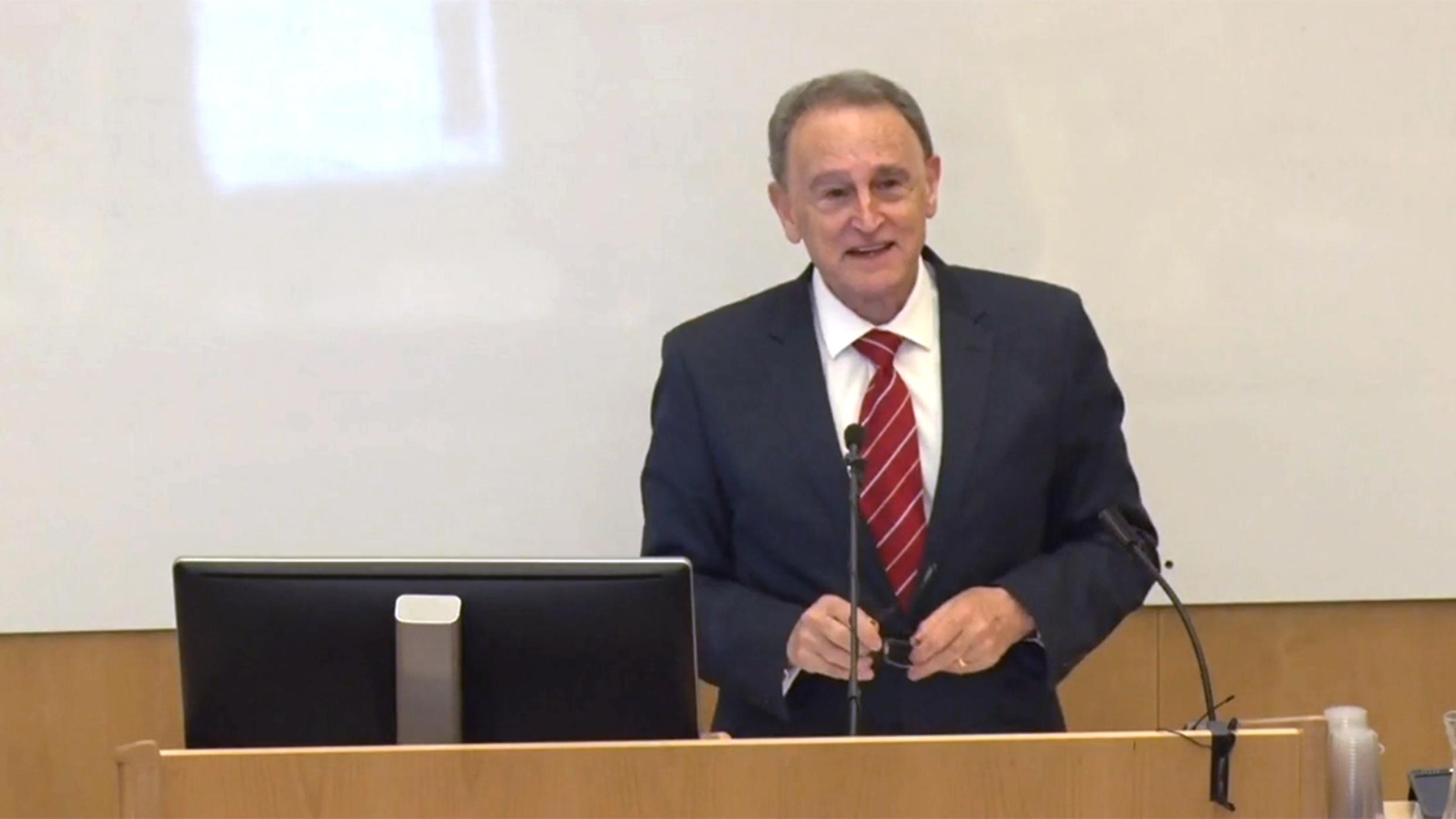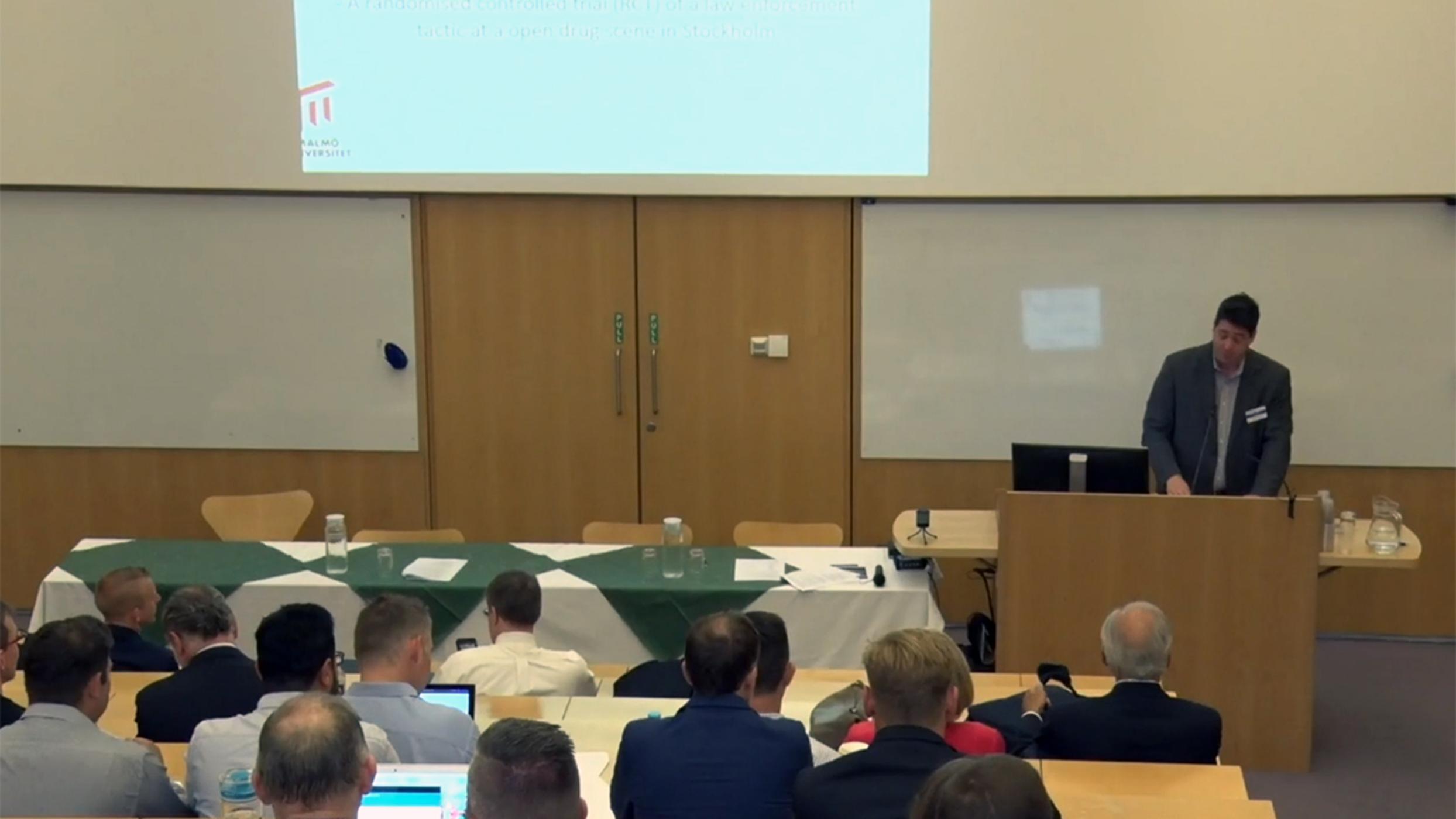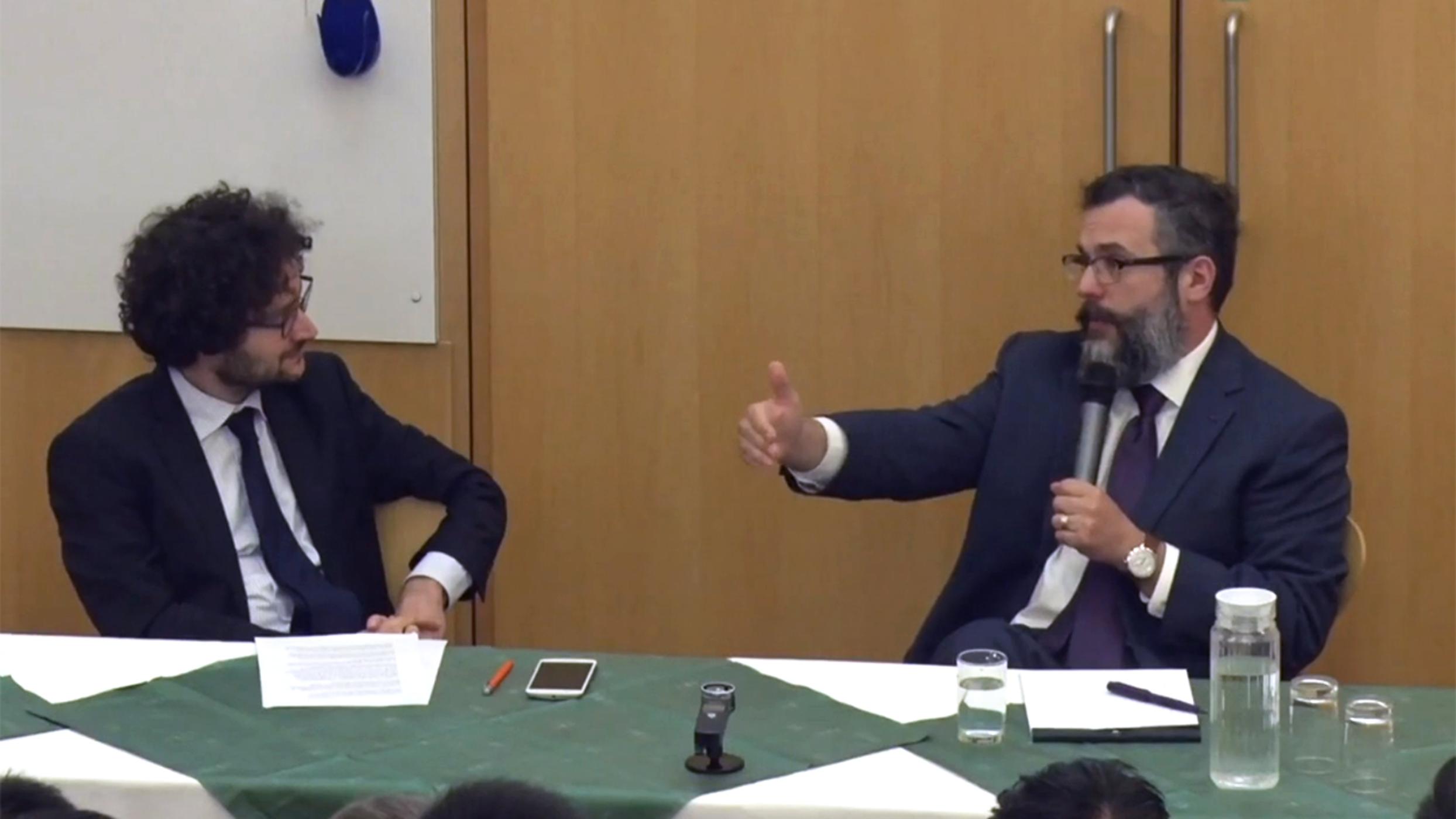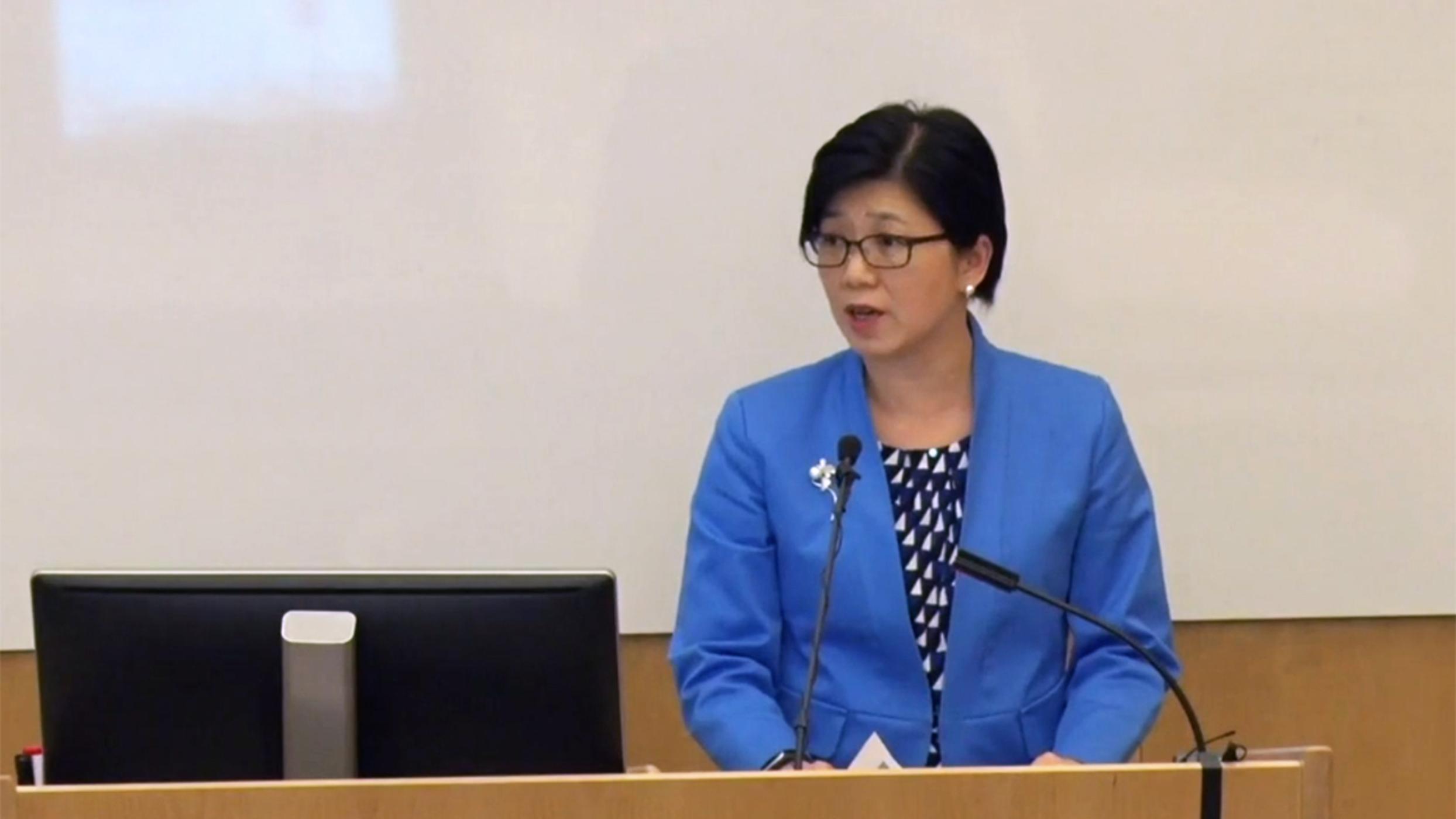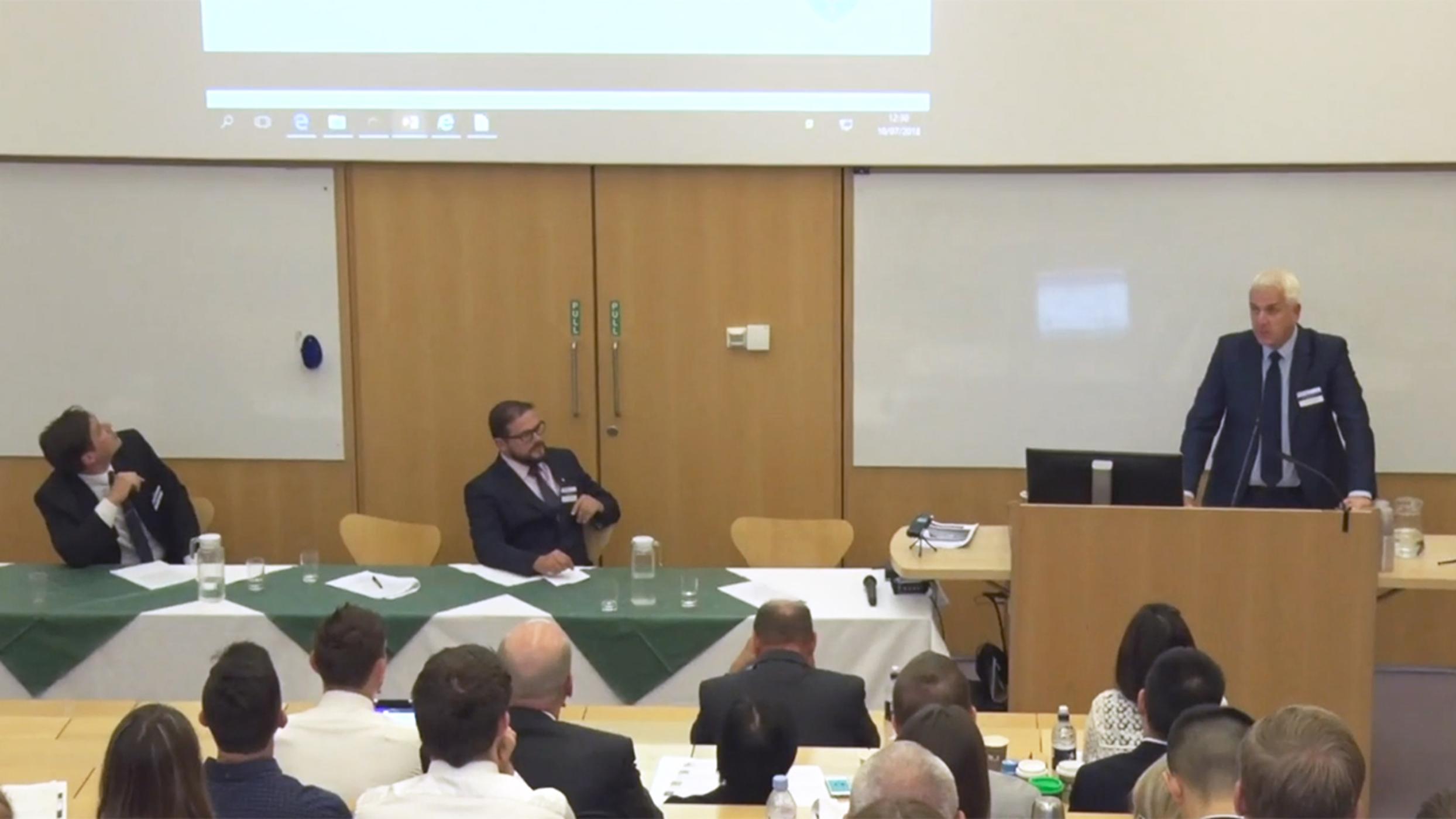'Evidence Based Policing in Durham': Gillian Routledge / Sheena Urwin / Geoffrey Barnes (audio)
Update: 2018-07-26
Description
Sheena Urwin, Durham Constabulary
Thesis project: Algorithmic forecasting of offender dangerousness for police custody officers: an assessment of accuracy for the Durham model
Sheena Urwin is the Head of Criminal Justice in Durham Constabulary. The role includes all matters pertaining to the presentation of criminal cases to the Crown Prosecution Service ranging from serious and organised crime, volume crime through to road traffic matters; the resulting Criminal Procedures and Investigation Act disclosure compliance; and the witness care aspects of prosecution cases. She is staff officer to the National Police Chief Council Criminal Case Quality lead.
Sheena has worked in policing for 30 years. She has worked across three different police organisations during that time –Northumbria Police, the Metropolitan Police Service and currently Durham Constabulary. Sheena’s roles have included working within criminal justice arena and Professional Standards reactive complaints investigation.
Dr Geoffrey Barnes, Western Australia Police
Dr Geoffrey Barnes is currently the Director of Criminology for the Western Australia Police, while also continuing to supervise students in the Police Executive Programme who are seeking their M.St. in Applied Criminology and Police Management at the University of Cambridge. He has both led and participated in multiple randomised controlled trials, and performs additional work on the actuarial forecasting of future criminal behaviour, the development of crime and anti-social behaviour over the life course, and the use of cost incentives to promote better outcomes for children in foster care. His research interests also include the use of restorative justice and cognitive behavioural therapy with criminal offenders, the effects of swift and certain sanctions on illegal behaviour, the connections between criminal justice involvement and mortality, and the employment of large data sets derived from official government systems.
He earned his Ph.D. in Criminology from the University of Maryland, and was elected a Fellow of the Academy of Experimental Criminology in 2011. Prior to joining the faculty at Cambridge, he had previous appointments at the University of Pennsylvania, University of Pittsburgh Medical Center, University of Maryland, and Australian National University.
Thesis project: Algorithmic forecasting of offender dangerousness for police custody officers: an assessment of accuracy for the Durham model
Sheena Urwin is the Head of Criminal Justice in Durham Constabulary. The role includes all matters pertaining to the presentation of criminal cases to the Crown Prosecution Service ranging from serious and organised crime, volume crime through to road traffic matters; the resulting Criminal Procedures and Investigation Act disclosure compliance; and the witness care aspects of prosecution cases. She is staff officer to the National Police Chief Council Criminal Case Quality lead.
Sheena has worked in policing for 30 years. She has worked across three different police organisations during that time –Northumbria Police, the Metropolitan Police Service and currently Durham Constabulary. Sheena’s roles have included working within criminal justice arena and Professional Standards reactive complaints investigation.
Dr Geoffrey Barnes, Western Australia Police
Dr Geoffrey Barnes is currently the Director of Criminology for the Western Australia Police, while also continuing to supervise students in the Police Executive Programme who are seeking their M.St. in Applied Criminology and Police Management at the University of Cambridge. He has both led and participated in multiple randomised controlled trials, and performs additional work on the actuarial forecasting of future criminal behaviour, the development of crime and anti-social behaviour over the life course, and the use of cost incentives to promote better outcomes for children in foster care. His research interests also include the use of restorative justice and cognitive behavioural therapy with criminal offenders, the effects of swift and certain sanctions on illegal behaviour, the connections between criminal justice involvement and mortality, and the employment of large data sets derived from official government systems.
He earned his Ph.D. in Criminology from the University of Maryland, and was elected a Fellow of the Academy of Experimental Criminology in 2011. Prior to joining the faculty at Cambridge, he had previous appointments at the University of Pennsylvania, University of Pittsburgh Medical Center, University of Maryland, and Australian National University.
Comments
Top Podcasts
The Best New Comedy Podcast Right Now – June 2024The Best News Podcast Right Now – June 2024The Best New Business Podcast Right Now – June 2024The Best New Sports Podcast Right Now – June 2024The Best New True Crime Podcast Right Now – June 2024The Best New Joe Rogan Experience Podcast Right Now – June 20The Best New Dan Bongino Show Podcast Right Now – June 20The Best New Mark Levin Podcast – June 2024
In Channel


